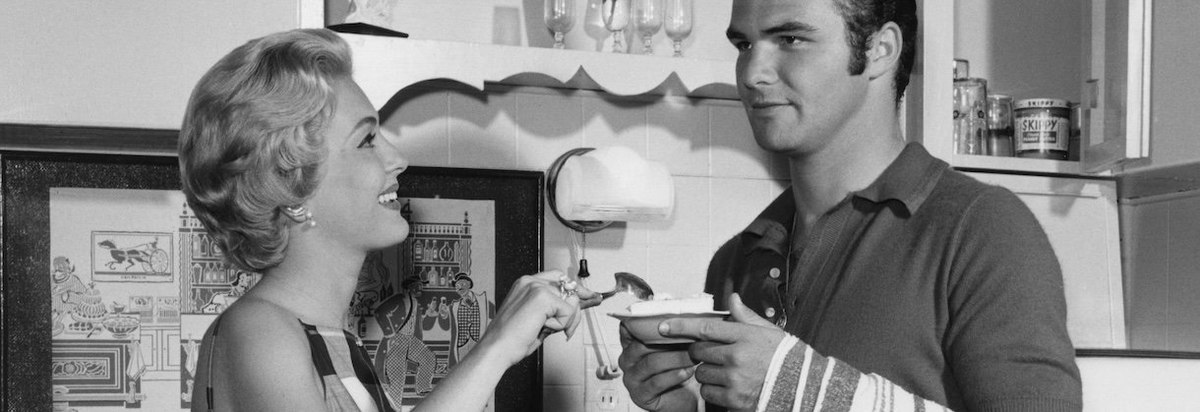A new YouGov survey identifies areas in which Americans feel they are above or below average, how they feel about receiving praise, and what their expectations are of themselves. Among 60 areas asked about in the survey, more than half of Americans rate themselves above average in 17, especially trustworthiness and loyalty; in 51, Americans are more likely to rate themselves above average than below average. Most Americans say they have high expectations for themselves.
The areas included in the survey for which Americans are most likely to describe themselves as far above average are trustworthiness (41% say they’re far above average), loyalty (40%), honesty (36%), and ethics (32%).
The areas for which the largest shares say they feel far below average are running (33%), dancing ability (31%), singing ability (29%), and musical ability (26%).
Men are more likely than women to say they are above average in most of the 60 areas, but the differences generally are small. On average, 2 percentage points more men than women rate themselves as above average.
Among the biggest differences between men and women: 36% of men and 17% of women say their mechanical ability is far above average or somewhat above average. 30% of men and 14% of women say their athletic ability is above average. 57% of men and 42% of women say their driving ability is above average. Other areas where men are more likely than women to describe themselves as above average are mathematical abilities (40% vs. 25%), self-discipline (52% vs. 37%), and intelligence (63% vs. 49%).
Areas where women are more likely than men to describe themselves as above average include nurturing (54% of women say they are above average vs. 36% of men), cooking (49% vs. 34%), empathy (69% vs. 56%), reading ability (67% vs. 58%), and time management (41% vs. 32%).
The gender gap is bigger among Americans 45 and older: Men in this age group are on average 5 percentage points more likely than women to say they are above average in the 60 areas in the poll. Among younger adults, on average the gender gap is reversed: Men are 1 percentage point less likely than women to say they are above average.
How much of success do Americans attribute to luck? Very few (2%) say all of their successes in life can be attributed to luck; 17% of Americans think most of their success has been because of luck. 53% think that few of their successes in life have been due to luck and 15% say none of them have been. Adults under 30 are more likely than older Americans to say all or most of their success is due to luck (27% vs. 17%).
A majority of Americans (59%) believe that they criticize themselves more than other people criticize them. 26% say that other people criticize them the same amount as they criticize themselves (17%) or more than they criticize themselves (10%).
About three-quarters (74%) of Americans say their expectations of themselves are high, including 26% who say their expectations are very high. 16% say their expectations of themselves are somewhat low, and only 4% say they’re very low.
Adults under 45 (32%) are more likely than older Americans (21%) to say they have very high expectations of themselves.
Americans are far more likely to say that they downplay their achievements when talking to others (40%) than to say they exaggerate them (8%). 48% say they do neither of these things. Adults under 45 are more likely than older Americans to say they tend to exaggerate their achievements (12% vs. 5%).
Americans are about evenly split on how easy or difficult they find it to accept a compliment: 49% find it very or somewhat difficult and 46% find it very or somewhat easy. Women are more likely than men to say they find it difficult to accept a compliment (54% vs. 45%).
How often were Americans praised by parents when they were growing up? 16% say they were praised very often, 33% were praised somewhat often, 30% were not praised very often, and 13% say they were not praised often at all. Adults under 45 are more likely than older Americans to say they were praised very or somewhat often as children (55% vs. 42%).
Americans who say their parents praised them very often as children are especially likely to say they find it very easy to accept a compliment (29%). Among people whose parents praised them somewhat, not very, or not at all often during their childhood, only 9% find it very easy to accept a compliment.
People who were praised very or somewhat often by their parents when they were children are more likely than those who were praised infrequently to say their abilities are above average in many categories. 46% of Americans who received praise from parents very or somewhat often say their memory is above average, compared to 30% of people who say they received praise not very or not at all often. Other topics with similar gaps between the groups with and without much childhood praise include attractiveness (36% vs. 20%), public speaking (38% vs. 24%), charisma (40% vs. 27%), and organization (52% vs. 39%).
Related:
- How many Americans display signs of impostor syndrome?
- What are Americans’ love languages?
- What do Americans think about different parenting styles, and which style did they grow up with?
- Rumble in the jungle: what animals would win in a fight?
See the results for this YouGov survey
— Carl Bialik and Taylor Orth contributed to this article
Methodology: This article includes results from an online survey conducted May 14 - 19, 2025 among 2,293 U.S. adult citizens. Respondents were selected from YouGov’s opt-in panel to be representative of adult U.S. citizens. The sample was weighted according to gender, age, race, education, 2024 presidential vote, 2020 election turnout and presidential vote, baseline party identification, and current voter registration status. 2024 presidential vote, at time of weighting, was estimated to be 48% Harris and 50% Trump. Demographic weighting targets come from the 2019 American Community Survey. Baseline party identification is the respondent’s most recent answer given around November 8, 2024, and is weighted to the estimated distribution at that time (31% Democratic, 32% Republican). The margin of error for the overall sample is approximately 2.5%.
Image: Getty (Archive Photos)
What do you really think about President Trump, American politics in general, and everything else? Share your reality, join the YouGov panel, and get paid to share your thoughts. Sign up here.








